GUEST ESSAY: FracTracker Response to Marcellus Shale Coalition on Lycoming Creek Watershed Digital Atlas of Unconventional Gas Drilling Impacts by PA Environmental Digest Blog, Aug 17, 2021
FracTracker Alliance thanks the Marcellus Shale Coalition (MSC) for amplifying the reach of “Water at Risk,” our recent digital atlas exploring the impacts the oil and gas development in the Lycoming Creek watershed.
In a way, their contorted rebuttals in the PA Environment Digest Blog and Marcellus Drilling News help increase awareness of the disconcerting scale of unconventional oil and gas activity on both public and private lands in this bucolic part of Pennsylvania. Disseminating our insights to the max furthers our mission, and fuels our passion.
While the MSC accuses us of lying about fracking realities, their disingenuous methods misrepresent available data, and demonstrate poor reading comprehension skills.
For example, the MSC claims the average Marcellus well uses five to ten million gallons of water during the completion process. This is an outdated statistic.
Based on self-reported data from the industry’s hydraulic fracturing fluid registry, FracFocus, the average amount of water used to stimulate wells in the Lycoming Creek watershed in 2020 was 17,512,356 gallons.
The MSC also claims that FracTracker believes the average well uses 1.21 billion gallons of water. This fantastical figure was conjured out of thin air by MSC via creative interpretations of our report.
The FracTracker report specifically states that 592 wells had been proposed in the watershed and 384 drilled, but, in another example of twisted accounting, the MSC says: “It seems even basic math eludes the FracTracker Alliance [sic].
They claim the watershed is home to 592 wells while publicly available data shows there are actually 417 wells within the watershed.”
FracTracker’s data came straight from the PA DEP. If MSC has records of another 33, drilled, unconventional wells in the watershed, both the DEP and we would like to know.
The MSC suggests the industry has a 97 percent statewide compliance record and complains that many violations on the DEP website are duplicative.
If the latter is true, that seems like a gripe they should direct at the DEP. If the former is true, then we suppose everyone should ignore the more than 634 violations in the Lycoming watershed since 2008, or the 17,220 violations assessed to unconventional well sites statewide since 2005.
Accidents happen. Mistakes occur . . . again, and again. The repetition is exhausting, like reading the litany of fabrications and diatribes in the narratives of the MSC and Marcellus Drilling News. ![]() In Canada, we get the same crap from CAPP, Canadian Association of Petroleum Producers, and other lying lobby groups. Our govt’s and regulators heed them, and not ever the harmed.
In Canada, we get the same crap from CAPP, Canadian Association of Petroleum Producers, and other lying lobby groups. Our govt’s and regulators heed them, and not ever the harmed.![]()
Related Articles:
— FracTracker Alliance: Releases Digital Atlas Showing The Impacts Of Natural Gas Development In Lycoming Creek Watershed
— Marcellus Shale Coalition: FracTracker Alliance Article On Lycoming Creek Watershed Misleading, Or Simply Wrong

Meanwhile:
2021 08 17: Global water crisis will intensify with climate breakdown, says report, Flooding, droughts and wildfires will worsen as global heating disrupts the planet’s water cycle
2021 08 16: Satellite images show historic drought’s impact on Colorado River in 1 year
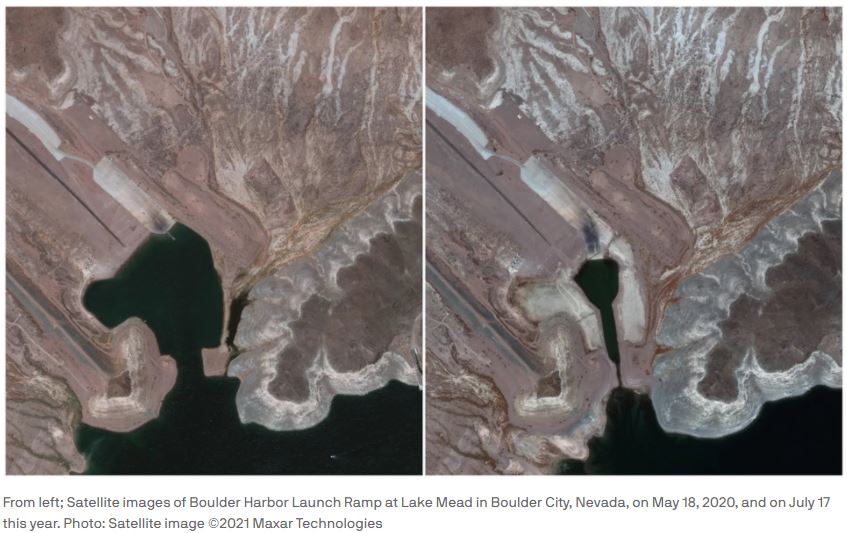
2021 08 16: Colorado River Water Rationed for First Time Amid Drought
2021 08 15: The American West is drying up
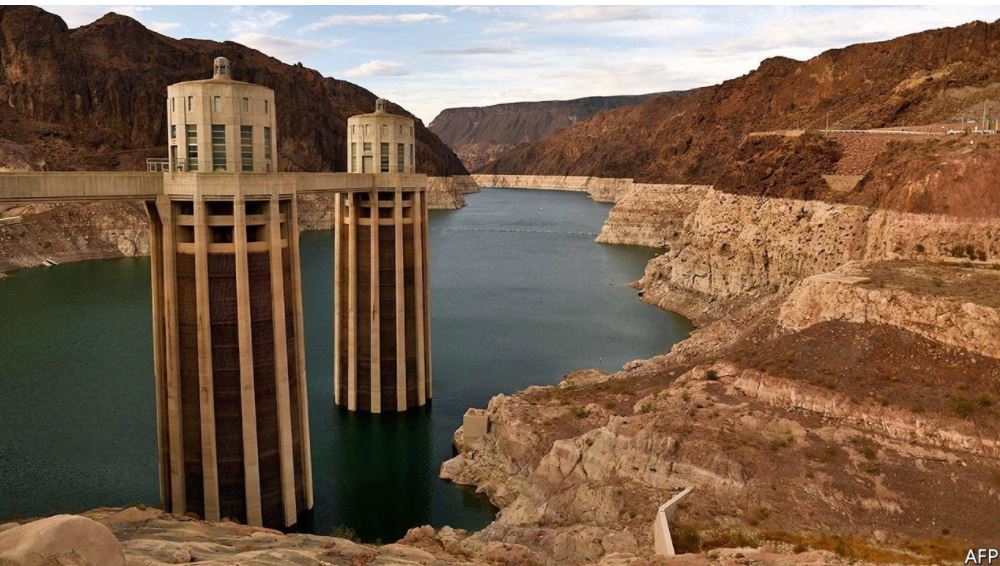
2021 08 11: First water cuts in US West supply to hammer Arizona farmers BUT NOT FRAC’ERS? How insane is that?
2021 07 19: Oil industry lobby group demands groundwater protections stripped
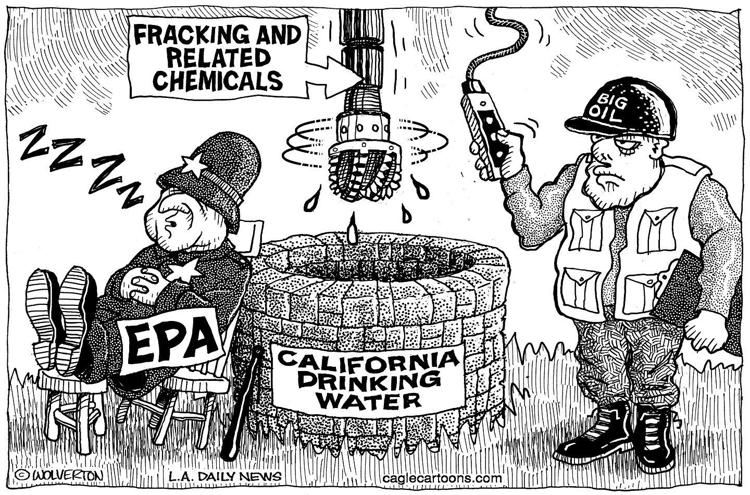
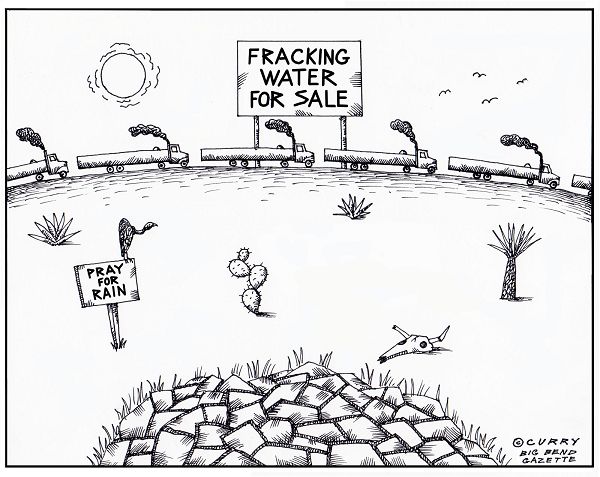
A proportion (25% to 100%) of the water used in hydraulic fracturing is not recovered, and consequently this water is lost permanently to re-use, which differs from some other water uses in which water can be recovered and processed for re-use.
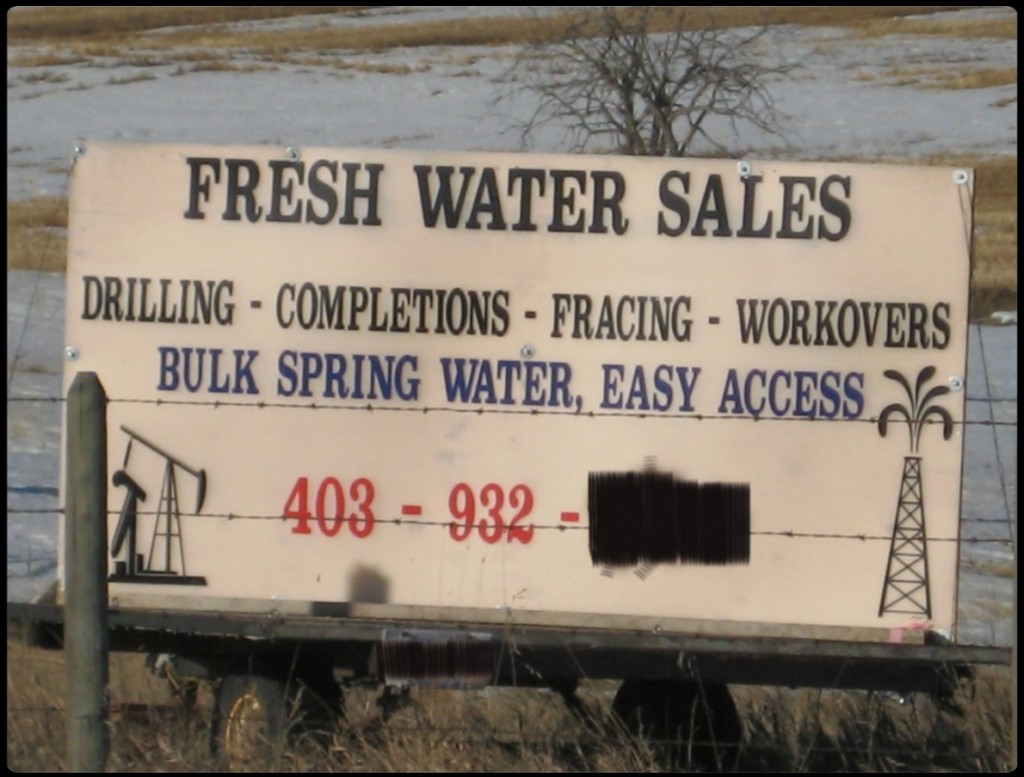
Above photo: Alberta, Canada
2015: Town of Fox Creek Water Ban Information Press Release
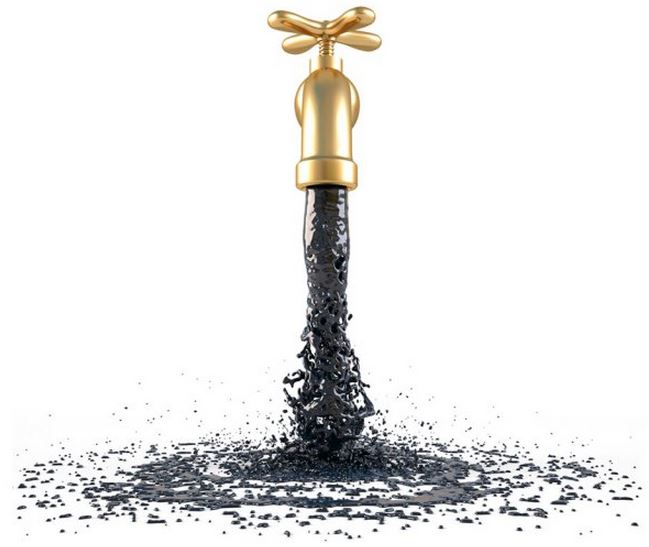
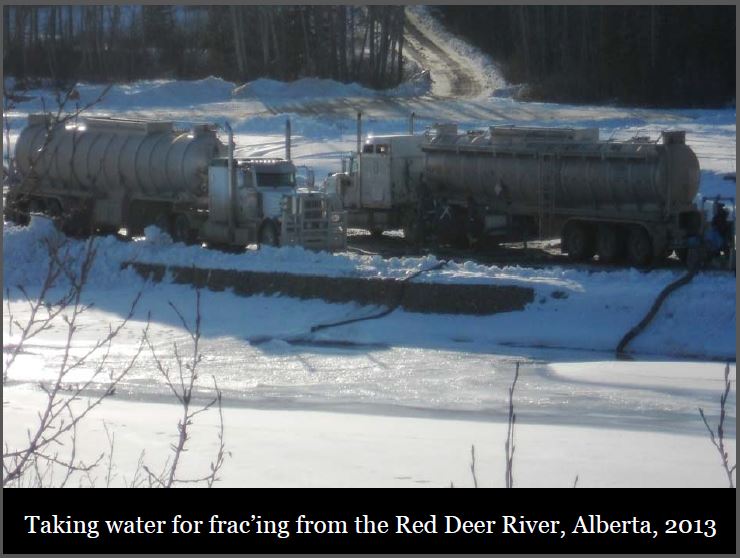
Below photos of industry taking water from the supposedly protected Bow River directly (or from municipal supplies) to hoard for frac’ing:
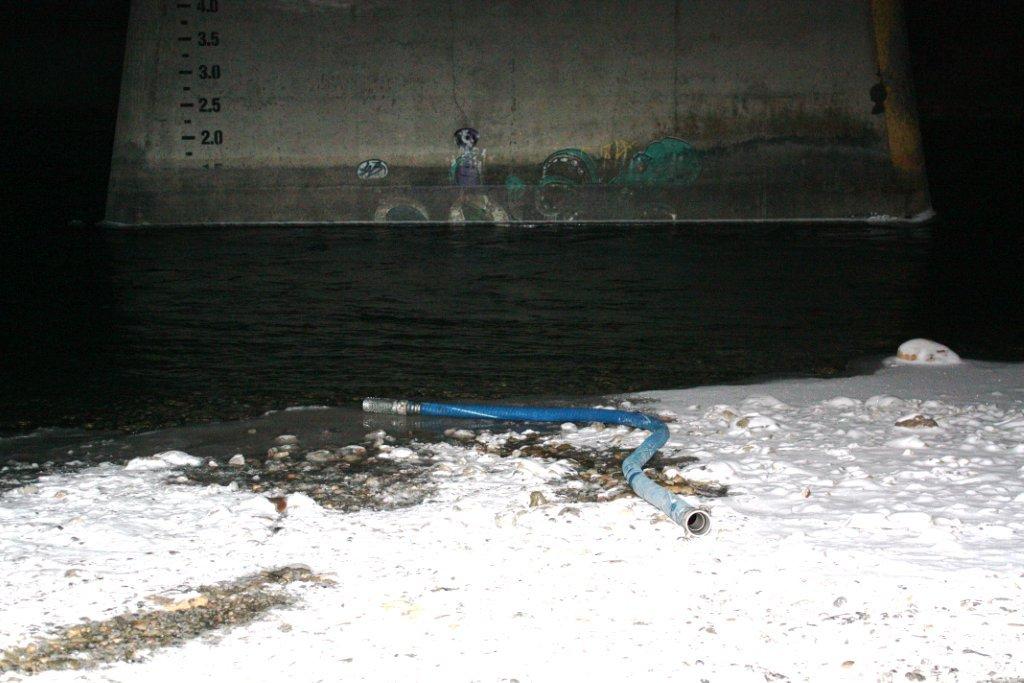
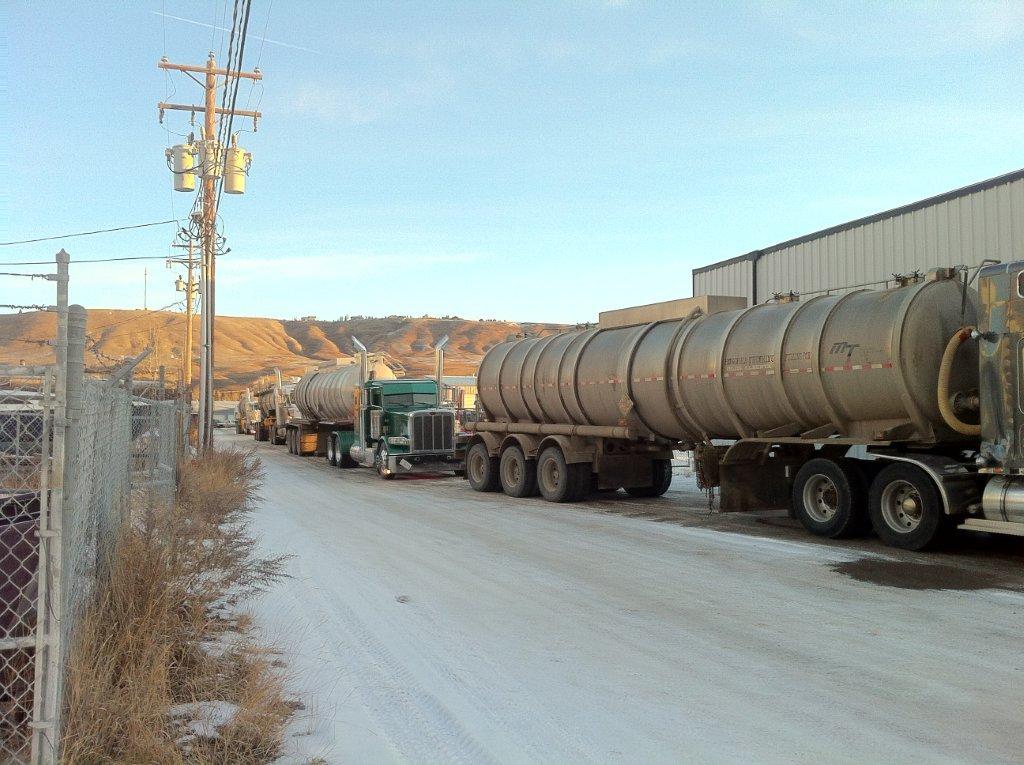
How many billions of gallons of potable water in Alberta lost permanently?

… “This is just another bill that removes protection of our lands from corporate industry and greed,” says Chief Allan Adam of the Athabasca Chipewyan First Nation. “All these smaller rivers and lakes are connected and feed the Athabasca River and the lake. They will be affected by what happens here.” …
Encana’s illegal frac’ing forced Ernst to rely on trucked water since March 2006; A chore getting harder and harder for someone in their senior years:
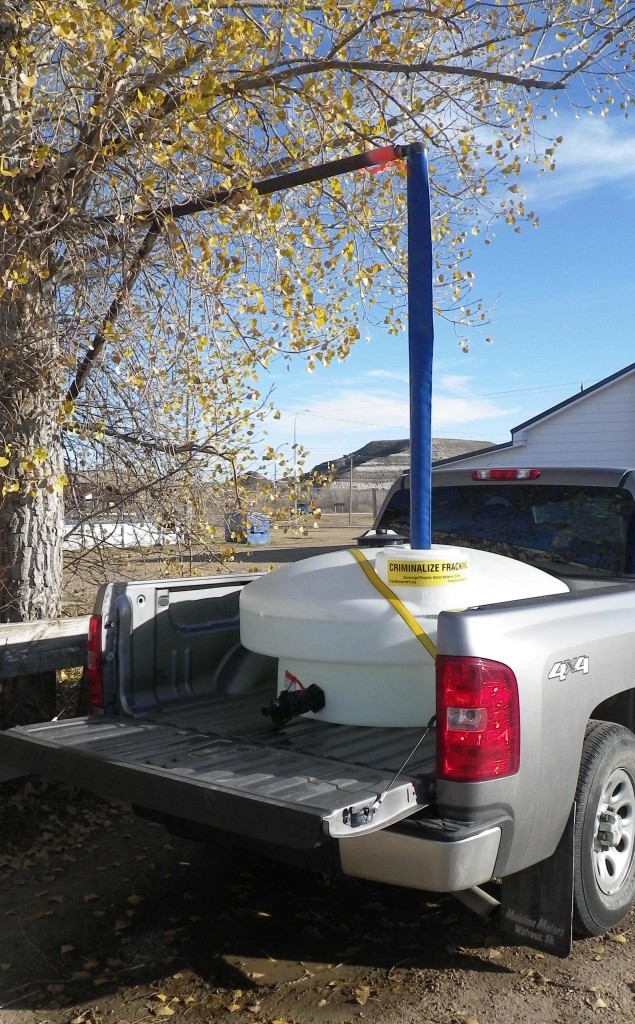
Ernst’s water tank, 185 gallons.
Have you experienced hauling water 100 km round trip for 13 years, with no end in sight, while the government and county provide others in your community safe alternate water and Encana changes name to Ovintiv to obscure its past and jumps ship like chicken shit to the USA?
